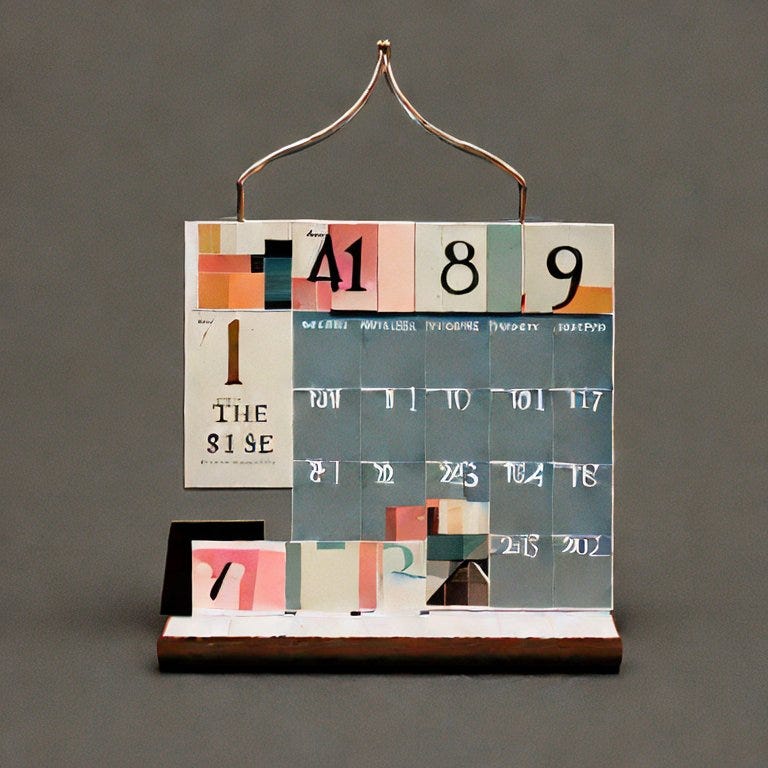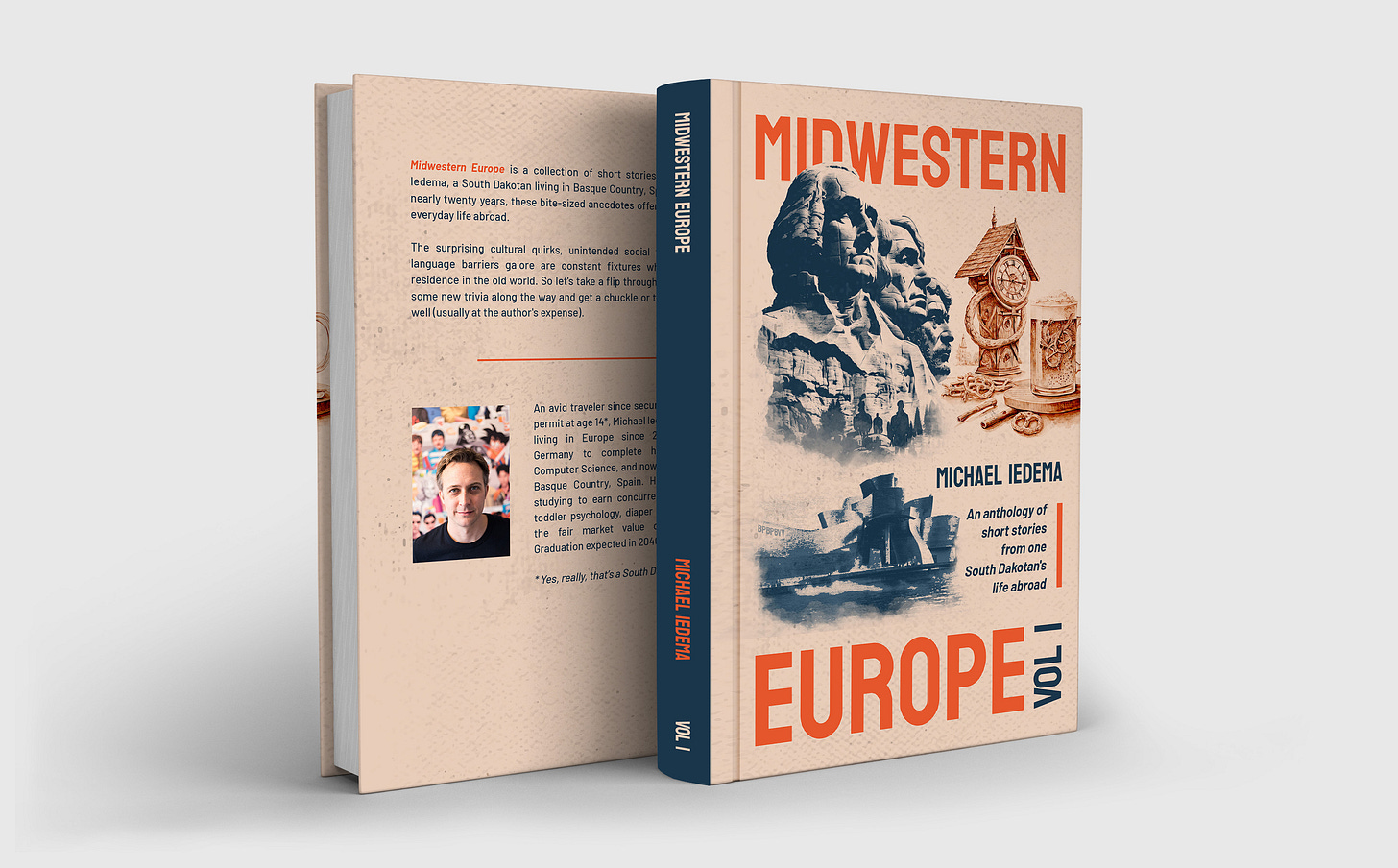
Vol. 1, No. 1 — When living in Europe, you constantly notice things that are different compared to back home in South Dakota. Some small, like the coins and bills in your pocket. Some slightly larger, like the grocery brands - you really need to hunt for what you’re after. And some are unavoidably large, like struggling to keep even the simplest interaction afloat with the non-English-speaking cashier.
Still, other things, however, are not immediately noticed but feel earth-shatteringly important when you do. It took me months of living in Germany to encounter my first one.
I didn’t notice it until making some plans with a friend. They were pointing at the last three days of the week in their calendar (Thursday, Friday, and Saturday) and referring to it as “the weekend.” I didn’t have Thursday off, so I suggested sticking to Friday, Saturday, and Sunday. “Well, yeah, exactly,” was their response. It wasn’t a complete record-scratch moment, but it was enough for me to stare blankly for a few seconds. My confusion was noted.
The first day of the week in Europe is not Sunday. It’s Monday! Their calendar runs from Monday to Sunday, not Sunday to Saturday. I mean, yes, Sunday is referred to as the seventh day in the Bible, and they are called week-ends not week-bookends, so it does make sense. I had simply never considered a calendar could look any different than the one I had used my entire life.
Sometime later, I noticed another calendar-related difference. Our project plan at my school in Germany had footnotes of this form scattered throughout: KWXX. I would see KW38 and KW41 and KW45, etc., and finally asked what that meant. It stood for Kalenderwoche or “calendar week.” The Germans love calendar weeks.
Whereas I was used to providing a specific date for when a piece of the project would be completed, they always used a calendar week number. No longer did I have to promise something for “the 17th of November.” I could simply say it would be ready “during calendar week 46.” For as precise as Germans are known to be, this was a welcome bit of humanity and actually worked much better for a large project.
The Germans were full of surprises during my time there. They are great at all the things you would expect them to be great at and yet comically bad at others. That’s a story for another day.
Midwestern Europe: Volume 1 with the first 52 entries in this series is available now on Amazon US, Spain, and Germany in hardcover, paperback, and Kindle formats!
They were made with much love. Pick up a copy, you won’t be disappointed.
If you’ve been enjoying these entries, please consider dropping by the product page and leaving a star rating based on what you’ve read here. Your investment of a minute or two would totally make my day! Many thanks.

